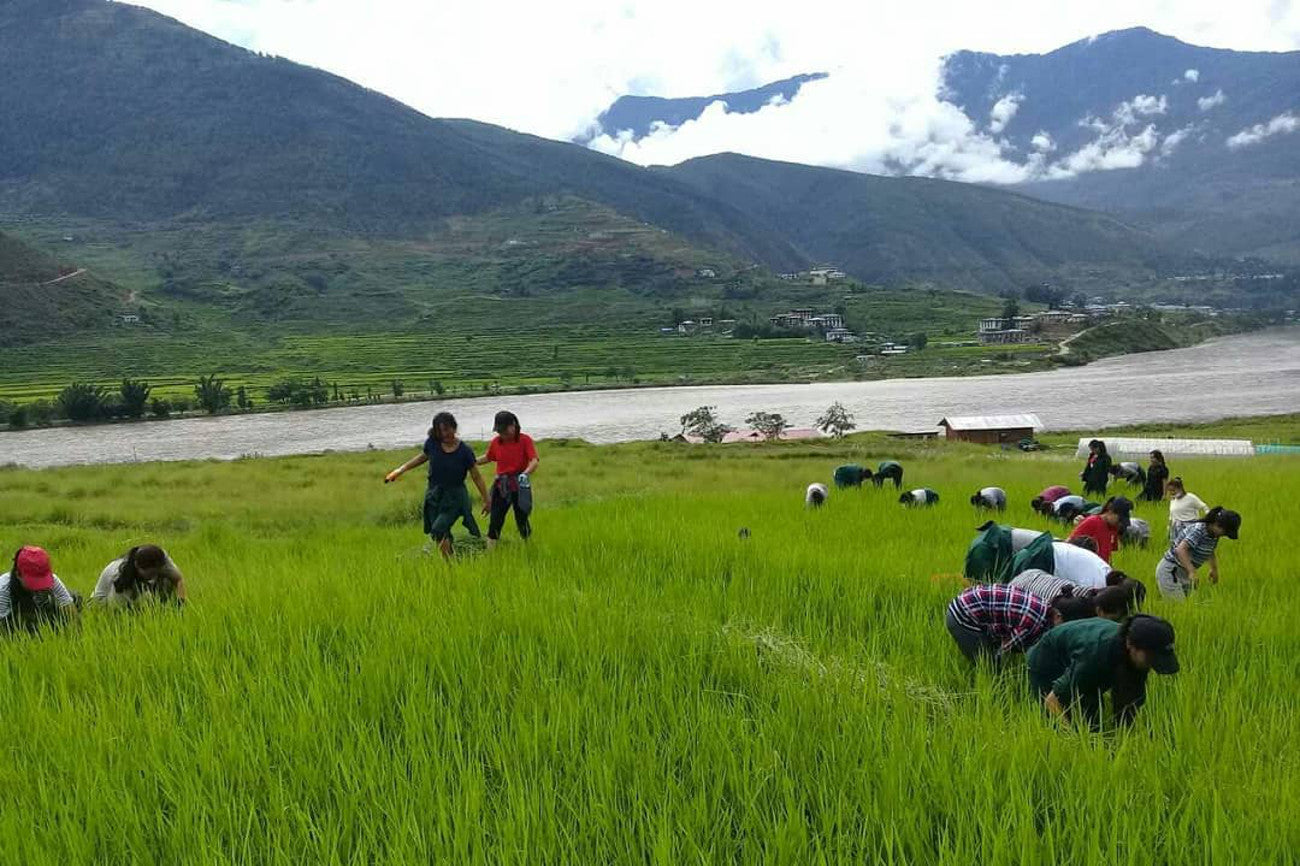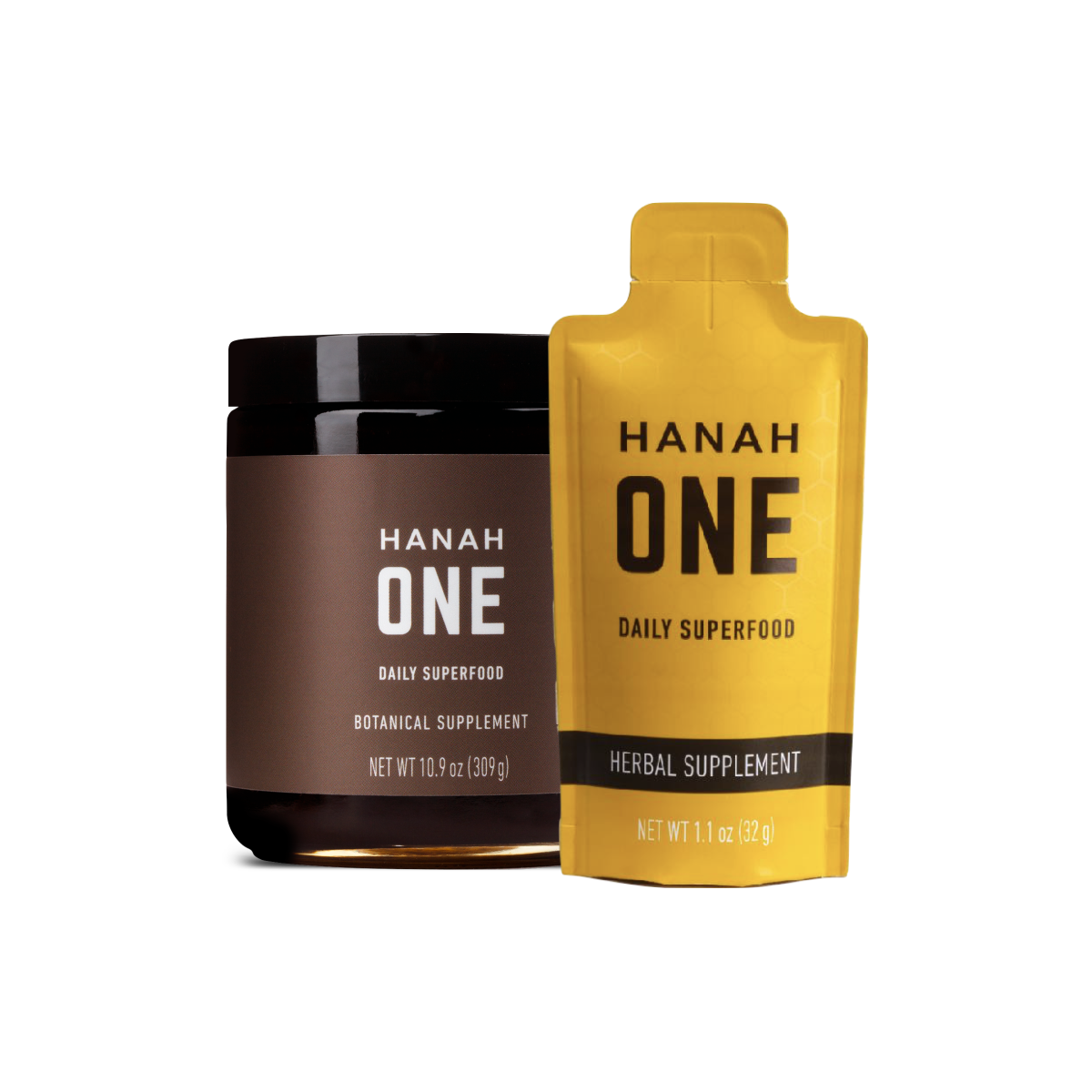Beyond botanical medicine – changing lives through female education and entrepreneurship in Bhutan

Not all products are created equal
When a country’s name translates as “the land of medicinal plants,” you might expect that everyone living there would be an expert horticulturist. You’d be wrong. While Bhutan has one of the richest and most diverse range of naturally occurring plant life on the planet, many of the people living in this veritable Garden of Eden have little knowledge about the botanicals that are literally growing on their doorstep, much less how to harvest, prepare and sell them.
That is, until the Tarayana Foundation came to be.
The priority of educating women farmers
In an effort to elevate the fortunes and wellbeing of their rural citizens, the royal family of Bhutan established the Tarayana Foundation. This organization’s raison d'être is simple yet also highly purposeful: to educate women living in mountain villages about the medicinal plants in their locale, inform them how and when to harvest and refine them, and give them a crash course in business so they can benefit from the recent influx of Western buyers.
Turmeric is one of Bhutan’s most sought after herbs. While it doesn’t fetch as high a price as Cordyceps sinensis – which can be sold at market for as much as $20,000 per pound due to its scarcity – turmeric is no less potent. The physical pluses include improved digestion, reduced inflammation, and enhanced liver function. Then there are the positive psycho-emotional effects, such as mood stabilization, increased blood flow to the brain, and more concentrated focus. One study even found that turmeric is as effective at treating depression as the market-leading pharmaceutical option, without the potential for addiction and other unintended consequences. And while lab-created medicines are only safe to take in the short term, turmeric can be used daily and throughout an entire lifetime.
The trouble with turmeric in Bhutan used to be that only a handful of local people knew anything about its potential benefits, beyond seeing it as a tasty staple ingredient in curry dishes. They also overlooked the economic potential tied to turmeric’s increasing value in the West resulting from its widespread adoption as a natural panacea.
That’s why the government and royal family of Bhutan came together to launch the Tarayana Foundation, a joint initiative aimed at teaching rural villagers, and particularly women, how to find, harvest, and prepare turmeric and the nation’s other precious plants. The second part of the plan is providing classroom education with real-world implications, so that Bhutanese students can start and grow their own businesses.
Similar to the craft coffee movement’s commitment to Fair Trade, the Tarayana Foundation’s leadership guarantees market prices that are reasonable enough to provide good value to Western purchasers, and high enough to deliver a living wage. This is transforming the lives of hundreds of families in mountain villages that were, until recently, completely cut off from the outside world. While they will always be secluded due to their high-altitude valleys and distance from large cities, the women of Bhutan are no longer excluded as they’ve now joined a flourishing microeconomy.

HANAH’s transparent road with Bhutan
Before we began our partnership with them, we teamed up with the Bhutan's Institute for Traditional Medicine to identify the finest turmeric the country has to offer. Acting upon their advice – which is founded on centuries of wisdom and efficacy – we also decided to include black pepper in each capsule of HANAH Turmeric+. The bioactive piperine compound it contains boosts the absorption of turmeric’s curcumin by up to 2,000 percent, and if you eat high-quality fat as well (you can’t go wrong with HANAH Vechur Ghee or HANAH ONE), the uptake is even greater.
We’re not only dedicated to providing Bhutanese women the education they deserve and the entrepreneurial skills their burgeoning businesses need to thrive. It’s also essential that the mineral-rich soil of the Himalayan Plateau is protected. Sustainable harvesting practices that are closely overseen by government agencies ensure that the pristine mountain terroir and the potent crops it produces are nurtured rather than exploited. This will give future generations the opportunity to put what they learn from the current harvesters into practice, while taking good care of Bhutan’s vibrant and unique ecosystem.
In an age when most companies are focused on their bottom line, it is still possible to produce products that benefit the supply chain and ecosystem. At HANAH, we believe in building transparent, interdependent, and trackable supply chains that guarantee the purity and potency of our ingredients, safeguard precious natural resources, and take care of the people who are at the heart of everything we do. In Bhutan, this begins with the herbs of the land, and the women who tend them.
Check out these similar blogs:







Leave a comment
This site is protected by hCaptcha and the hCaptcha Privacy Policy and Terms of Service apply.